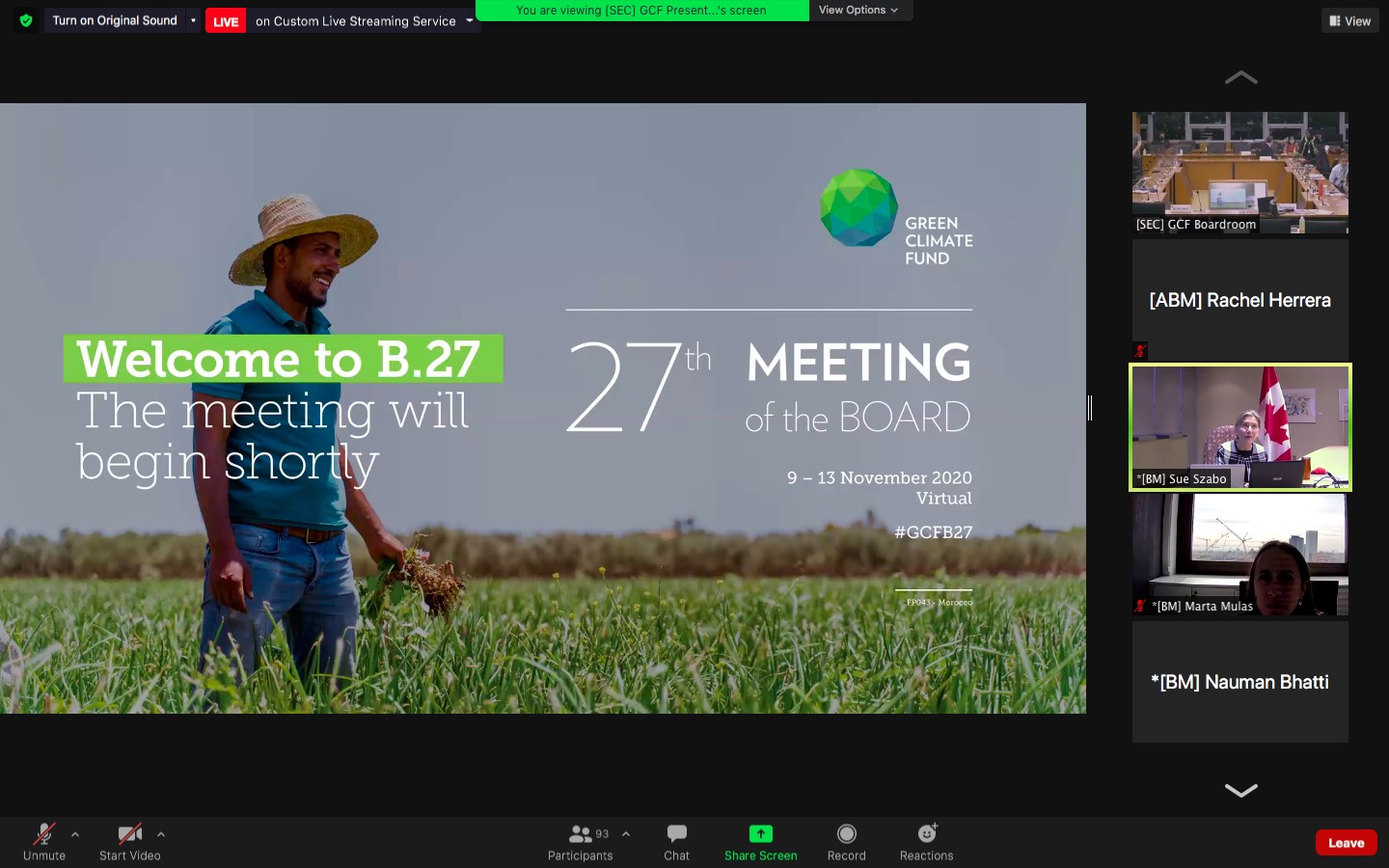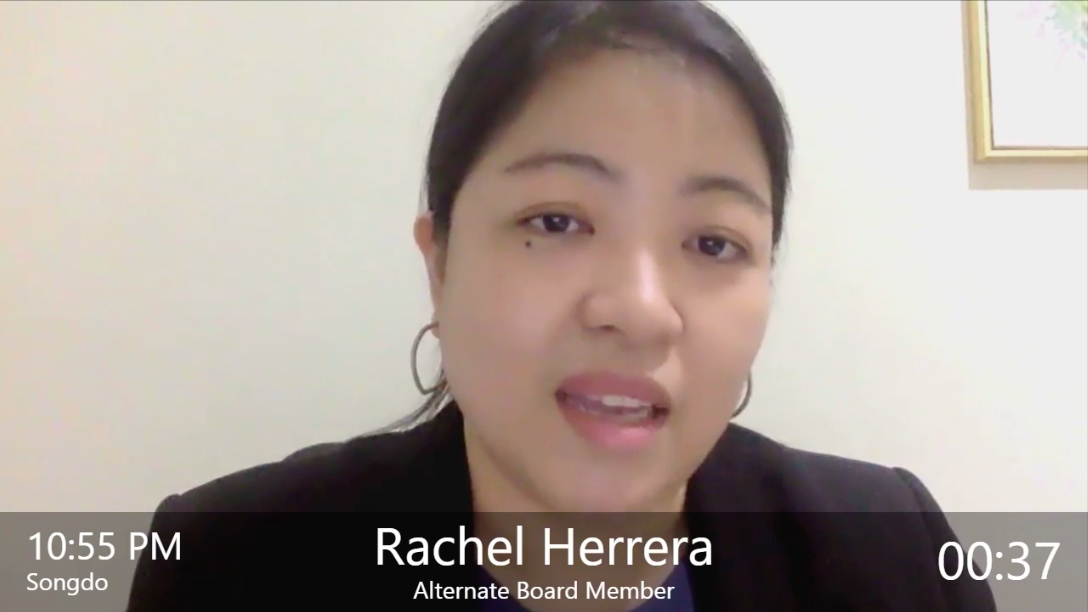
November 15, 2020 Sunday

MANILA, 16 NOVEMBER 2020 — Following the 27th Meeting of the Green Climate Fund (GCF) Board held virtually from November 9 to 13, 2020, the Climate Change Commission (CCC) welcomed the approval of the Philippines as a participating country in Climate Investor One, an innovative blended finance facility managed by Climate Fund Managers and providing an integrated, full project life cycle financing solution to support the development, construction and commissioning of renewable energy projects more expeditiously and at reduced cost. The project is set to deploy USD 100 million capital in a total of 18 countries for historic and new renewable energy projects
The Board also approved 16 new projects by developing countries all over the world, amounting to over one billion US dollars, intended to finance climate adaptation and mitigation initiatives.
The CCC also welcomed the accreditation of four new Accredited Entities (AEs) or partner organizations, ranging from country organizations called Direct Access Entities (DAEs), to regional and multi-national bodies. AEs submit funding proposals and act as a conduit of GCF funds as they implement climate projects approved and funded by the GCF.

Climate Change Commissioner Rachel Herrera, sitting as Alternate Member in the GCF Board, delivers her intervention seeking for faster accreditation for Direct Access Entities or GCF partner organizations at the national or local level, during the 27th GCF Board Meeting held from November 9-13, 2020.
CCC Commissioner Rachel Herrera, who sits as Alternate Member in the GCF Board representing the Asia-Pacific constituency, appreciated the Board’s accreditation of the new AEs—three of which are DAEs—but also noted that it is still too low in enabling stronger country ownership for developing countries. In the case of the Philippines, only the Land Bank of the Philippines has completed the process of approval as DAE for GCF.
“We continue to express our concern that AEs spend an average of 21.1 months from application towards approval—with one DAE taking up to 30 months, which are 30 months’ worth of time and resources lost,” Herrera said.
“The direct access modality is designed to help developing countries exercise ownership of finance, align these with national climate action plans, and not the least, build the needed capacity within our national institutions for climate projects. We articulate these points to push for concrete ways to address persistent challenges, so that more DAEs go through a shorter accreditation period and will encourage more applicants to find more clarity and efficiency in the process,” Herrera added.
The CCC said that the GCF is the world’s largest climate fund that aims to foster a paradigm shift towards low emission, climate resilient development pathways in developing countries. The GCF serves the Paris Agreement and is governed by a Board that has equal representation from developing and developed countries.
The CCC also noted that the 27th GCF Board Meeting raises the GCF’s total portfolio to USD7.2 billion and that the value of the approved projects for 2020 alone is over USD2 billion—a record year for GCF programming.
GCF Executive Director Yannick Glemarec said that project agreements for four projects were immediately signed upon their approval at the Board Meeting, showing how quickly they are moving to approve and implement vital projects and programs in developing countries.
“GCF has stepped up its operations this year in spite of the global pandemic, and is providing more support to developing countries than ever as we help them to build a low-emission, climate-resilient recovery. The ambitious work programme the Board has approved for 2021 will give further momentum to making our operations more efficient and more effective,” Glemarec said.